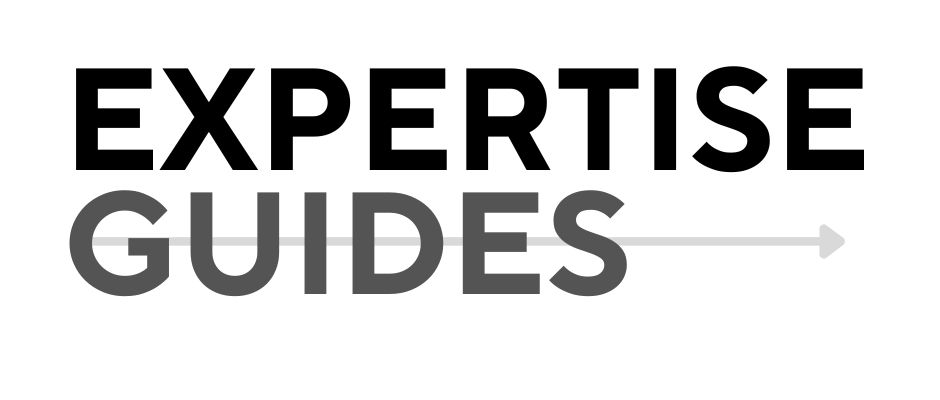Discover how aligning your teams can supercharge business performance and employee engagement.
The Three Main Points
- Misalignment acts as a hidden brake on growth, sapping productivity and engagement
- Data-driven tools reveal powerful alignment insights previously overlooked
- A structured approach realigns teams for maximum impact and sustainable growth
Est. Read Time: 5-7 minutes
The Insight
Have you felt your company straining under the weight of rapid expansion? 💡 In my experience working with high-growth organizations, this is often a symptom of organizational misalignment. A McKinsey study found that highly aligned companies are 2.5x more likely to outperform competitors (2020). When teams aren’t in sync, growth can quickly turn chaotic.
Introduction
A few years back, I consulted with a healthcare technology firm experiencing whiplash from their own success. Hyper-growth strained their ability to scale operations, onboard new teams, and maintain a unified culture. Silos emerged as disconnected groups pursued conflicting priorities. Sound familiar? I’ve seen this alignment struggle again and again with companies outgrowing themselves. The good news? There are data-driven strategies to realign and reignite your growth potential. Let me share what I’ve learned.
The Problem
Rapid expansion inevitably breeds misalignment if left unchecked. Misalignment cripples productivity and stunts growth opportunities. Teams operate in silos, pulling in different directions. A Gallup study revealed disengaged, misaligned teams cost the U.S. economy over $450 billion annually in lost productivity (2018). That’s a steep tax on growth!
Why This Problem Exists
Misalignment stems from lack of visibility into the true drivers of organizational harmony. Without clear alignment metrics, issues fester undetected until they seriously undermine performance and morale. I’ve found many leaders struggle to quantify and prioritize alignment amid a thousand other priorities. But ignoring this problem only compounds it over time.
The Solution
The solution? Implement data-driven tools to pinpoint and resolve alignment gaps. My consulting practice leverages the Culture and Role Alignment (CRA) Index to objectively measure alignment drivers. This 360-degree assessment illuminates issues like unclear roles, team miscommunication, and cultural inconsistencies.
With CRA insights, companies can strategically realign around shared goals and values. A global fintech firm used our process to achieve 83% improvement in cross-functional collaboration and 27% higher employee engagement scores.
Breaking It Down
- Assess – Use the CRA Index to establish a performance baseline
- Analyze – Identify key alignment gaps and prioritize areas for focus
- Strategize – Develop targeted plans to enhance leadership, clarify roles, integrate cultures, etc.
- Execute – Implement tailored solutions with change management best practices
- Measure – Continually gauge progress through reassessments and iterative improvements
Action Steps
You don’t have to be an expert to start fostering better alignment today. Try implementing some of these practical steps:
- Over-communicate the company vision and values to ensure clarity of purpose
- Proactively break down silos with team-building exercises and interdepartmental projects
- Celebrate successes that exemplify your desired culture to reinforce alignment
- Gather continuous feedback to identify and quickly resolve misalignment issues
Conclusion
In today’s dynamic marketplace, organizational alignment isn’t just a nice-to-have – it’s a strategic imperative for unlocking sustainable growth. Don’t let misalignment hold you back from achieving your company’s full potential.
My Ask
If this resonated with you, I’d love to hear your thoughts! What has your experience with organizational alignment been like? Follow me for more insights on this critical topic.
About Me
As someone passionate about driving high-performance through alignment, I’m here to share data-driven strategies that produce measurable results. My mission is to help companies capitalize on growth opportunities by optimizing their most valuable resource – their people.


